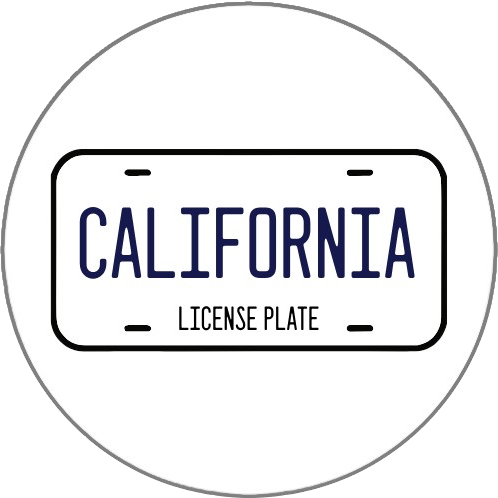California Power of Attorney for Vehicle Transactions
What is a Power of Attorney?
A Power of Attorney (POA) is a legal document that allows one person (the principal) to appoint another person (the agent or attorney-in-fact) to act on their behalf in specific or broad legal matters, including but not limited to, vehicle transactions in California.
Uses of POA in Vehicle Transactions
In the context of vehicle transactions, a POA can be used for various purposes, including:
- Registering a vehicle.
- Transferring vehicle ownership.
- Applying for or renewing a vehicle registration.
- Handling matters related to vehicle loans or liens.
How to Obtain a POA for Vehicle Transactions
To obtain a POA for vehicle transactions in California, you must:
- Use the California DMV's designated Power of Attorney form Reg 260 or a general POA form that meets state legal requirements.
- Ensure the POA specifies the powers granted to the agent regarding the vehicle transactions.
- Have the POA document signed by the principal and notarized, if required by law or for specific transactions.
It's crucial to review and understand the extent of the authority granted through the POA to ensure it aligns with the principal's intentions and legal requirements.
Revoking a Power of Attorney
A POA can be revoked at any time by the principal as long as they are mentally competent. To revoke a POA, the principal should provide written notice to the agent and any institutions or parties that were relying on the original POA, and destroy all physical copies of the document.
Utilizing a Power of Attorney for vehicle transactions can simplify the process of managing vehicle-related matters, especially when the principal cannot be present. However, it's essential to use this legal tool wisely and understand its implications fully.
